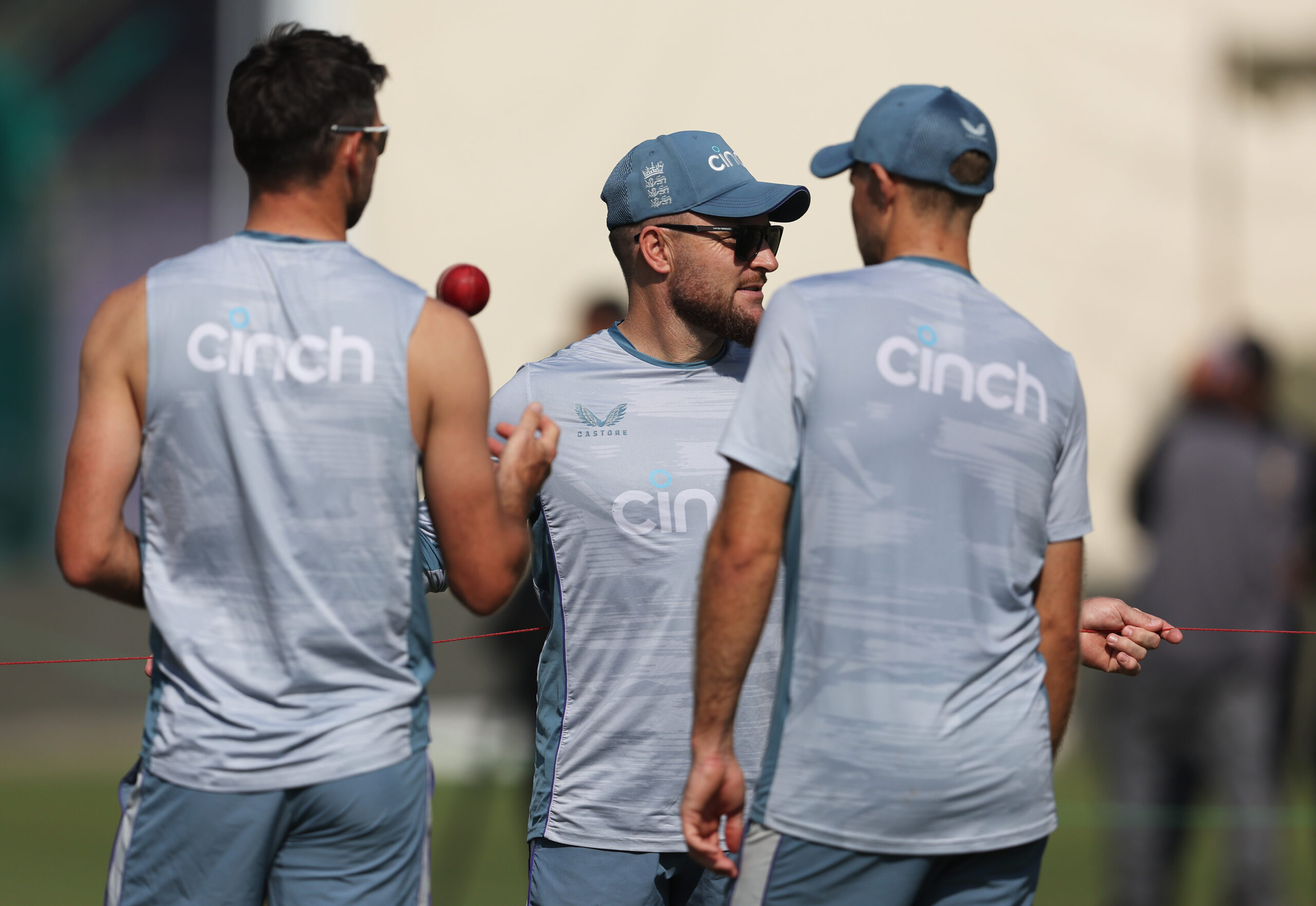

Australian opening batsman David Warner was overshadowed on the opening day of the World Test Championship final by Travis Head and Steve Smith, but did enough at the top of the order to buy himself time in the Australian line-up.
Warner has set his retirement date from Test cricket as the New Year's Test in Sydney in a bid to retire on home soil, but he will need runs to get there.
Of that, there can be no doubt.
Including the currently ongoing World Test Championship final against India at The Oval in London, Warner wants to play nine more Tests to close out a glittering career in the red-ball format with 112 matches under his belt.
Those matches will have brought over 8000 runs, at an average that will, regardless of final scores in that timeframe, remain north of 40.
Not only that, but it's a career that has revolutionised batting at the top of the order in the red ball format, with Warner striking at 71. At his best, he was unstoppable.
Unfortunately, Warner's best is a long way behind him.
Before his gutsy 43 from 60 balls at the top of the order on Day 1 at The Oval, Warner had scored just 914 runs in his last 19 Tests at an average of just 29.48.
In those 32 innings, he scored just four 50s and a single century.
It's little wonder his spot carried the most conjecture of all those in the Australian line-up heading to England, a place where he has consistently struggled to make runs.
In fact, in his 13 prior Tests in England, Warner had made just seven half-centuries, never made it past a hundred and averaged only slightly north of 25.
But against the elite Indian attack who consistently put the ball in the right areas on Wednesday, against a moving ball and against a pitch that was doing plenty early in the piece, Warner was able to ride the bumps, survive the unplayable and get himself to 43.
He eventually was out caught behind with a strangle down the leg side, but the 43 will buy him at least the first half of the Ashes series at the top of the order for the tourists.
And that's where Warner could well sign his own right to retire whenever he wants to.
If England gets their way, they are going to serve up flat, road-like wickets throughout cricket's greatest challenge and bring the boundaries in as far as they are possibly able to in an attempt to satisfy their own craving for aggressive cricket which has been played ever since former New Zealand wicket-keeper batsman Brandon McCullum was brought in to coach the side.
If there is one thing David Warner likes, it's playing aggressive cricket.
As mentioned, he is the player responsible for revolutionising Test match batting. Like him or loathe him, there is little doubt about the impact he has had on the sport in the longest format.
He was the first player to be selected for any Australian side without a single first-class game to his name when he made his T20I debut against South Africa, and made his Test debut - something many thought not possible - in 2011.
And while his form may have warranted an axing before now, the list of possible replacement openers to stand up and take over - think Marcus Harris, Matt Renshaw, Will Pucovski or possible debutants Henry Hunt and Tim Ward - has been underwhelming or not ready for Test cricket at this stage.
That means Warner has kept his spot, and in all likelihood, will continue to unless things turn very pear-shaped during the Ashes.
And that ultimately means he is going to be able to bat on these roads with short boundaries. England's key advantage at home in recent series against Australia has been the abilities of James Anderson and Stuart Broad, so to roll out pitches like that, on one foot, makes little to no sense regardless of the style they may want to play.
When it comes to fighting fire with fire, Warner might lead the charge, but Travis Head's innings against India - which sits not out on 146 from 156 balls overnight - prove it'll be more than just Warner able to fight fire with fire when the Ashes roll around next week.
For now, though, the WTC Final will continue at The Oval with India likely ruing their decision to not play Ravi Ashwin, or the one where they elected to bowl first under overcast skies with a green-looking wicket.
And when they had Australia 1 for 2 with Warner not out, they must have liked what was happening. If Warner followed shortly afterwards, it's a very, very different Test to the one which is currently staring the Indian side in the face, with Australia to resume on Day 2 at 3 for 327.
Don't underplay the role Warner had in setting that up.






